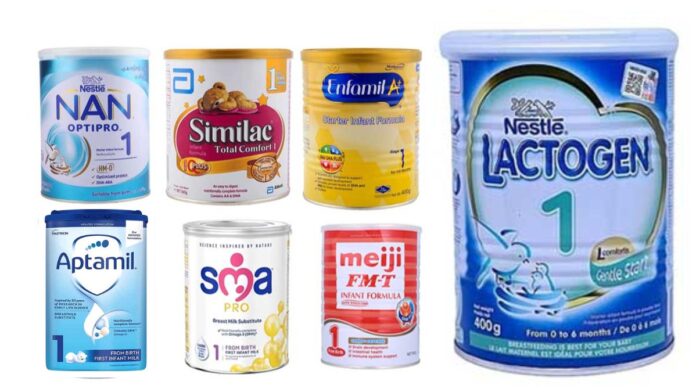ISLAMABAD: The formula milk industry in Pakistan has called on the government to phase in the newly proposed 18% General Sales Tax (GST) to mitigate the impact on consumers and businesses. This plea follows a recent Rs20 per litre hike in the price of loose milk, which has already increased the cost of locally produced infant formula and fortified nutrition milk.
In his budget speech, Finance Minister Muhammad Aurangzeb proposed removing infant formula and fortified nutrition milk from the list of zero-rated products, making them subject to the standard 18% GST. Industry representatives, such as Waqar Ahmed Sheikh, have expressed serious concerns over this move. Sheikh estimates that the price of a one-litre container of tetra-pack milk will rise from Rs300 to Rs350-360 due to the GST imposition.
Sheikh explained that an effective tax rate of approximately 25% will apply to these products. This includes a 4% sales tax and a 2.5% advance income tax on retailers not registered with the Federal Board of Revenue (FBR). Since 75% of traders are not registered with the FBR and are unwilling to comply with its guidelines, consumers will bear the cost of these taxes. This sudden tax increase is expected to significantly affect businesses’ annual turnover and profitability, potentially leading to a scale-down of operations.
Local manufacturers have requested the federal government to phase in the GST over three years: starting with 5% in the first year, increasing to 10% in the second year, and reaching 18% in the third year. This phased approach, they argue, will help balance the financial burden on both the industry and consumers while still generating revenue for the government.
Pakistan is currently facing a crisis of malnutrition, with an under-five mortality rate of 137 per 1,000 births—high by international standards. The National Nutrition Survey indicates that 40% of Pakistani children are underweight, and over half suffer from stunting. Sheikh highlighted these issues in a Senate Standing Committee on Finance and Revenue meeting, where he argued for a phased GST implementation to support child nutrition.
Senator Saleem Mandviwalla, the committee chairman, echoed these concerns, suggesting that the FBR head review the proposed 18% GST. He recommended implementing the GST on locally produced infant nutrition and fortified milk gradually to mitigate its impact on the industry and consumers.
This phased GST implementation is seen as a way to balance generating government revenue while supporting the critical issue of child nutrition in Pakistan.























